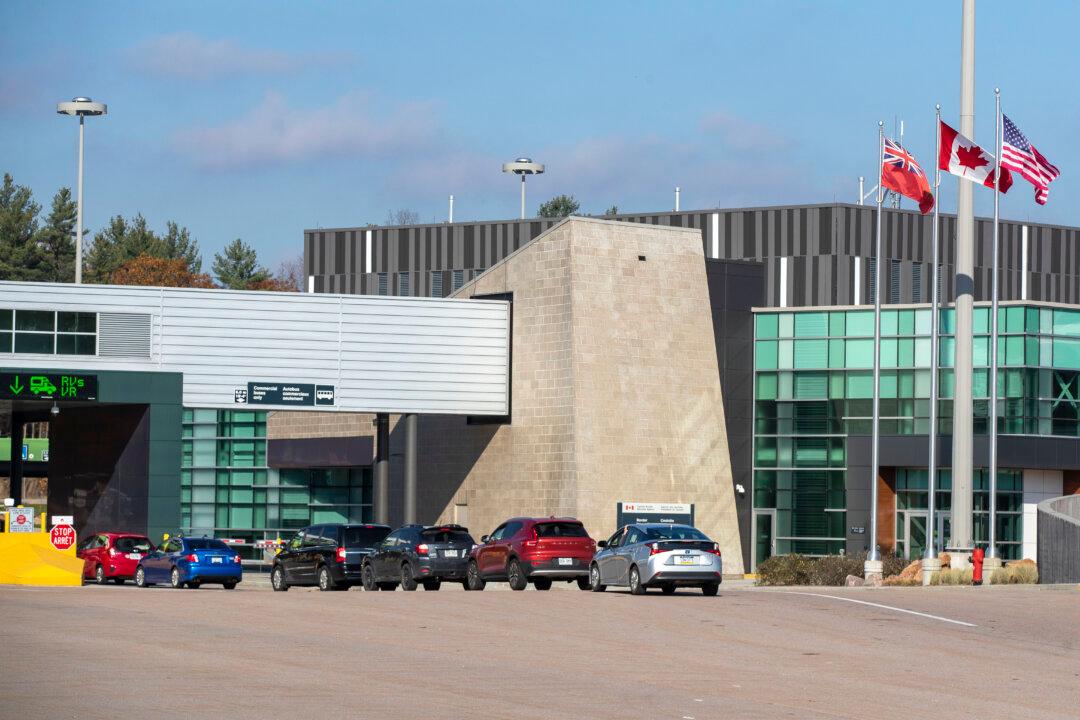The federal government has halted “flagpoling” just in time for Christmas, but what is this practice and what are the ramifications of Ottawa’s decision?
Flagpoling occurs when a temporary resident of Canada leaves the country and then re-enters to access immigration services. The practice is used to speed up documents such as work and study permits because they are processed more quickly at the Canadian border than if an individual makes an application from inside Canada, according to a Dec. 23 government news release.





